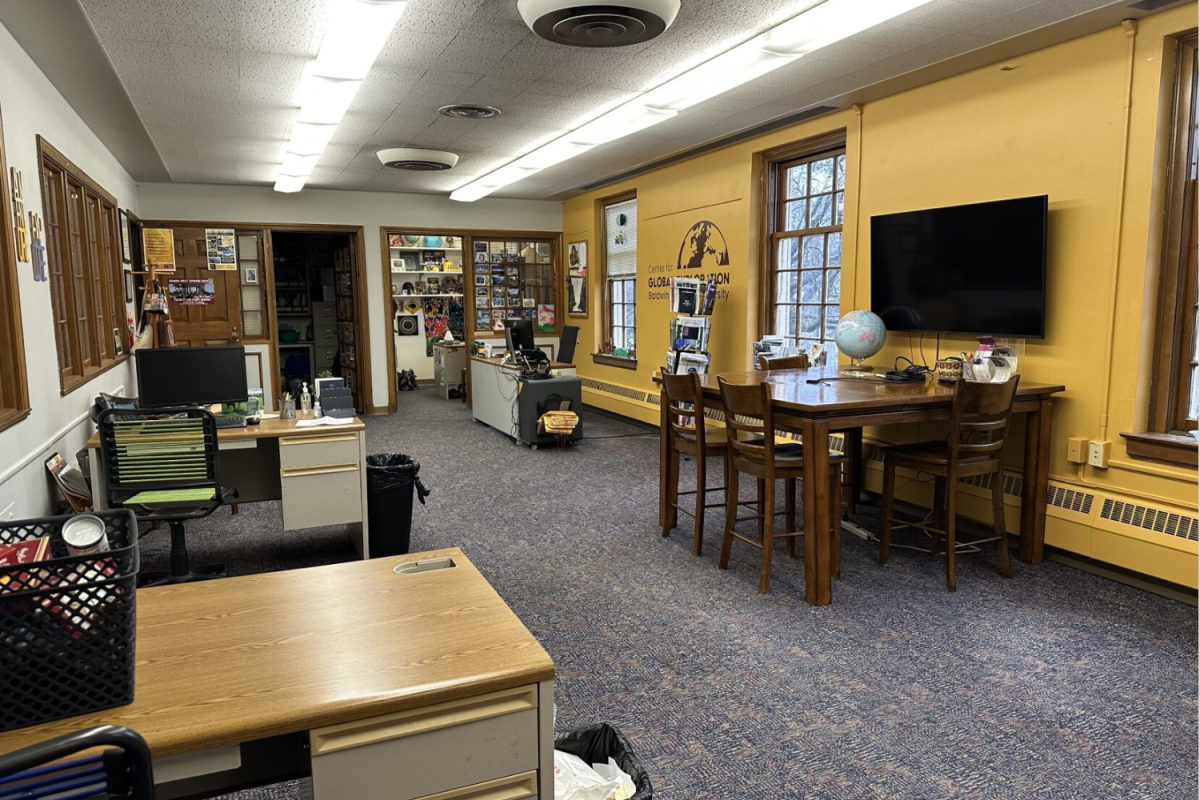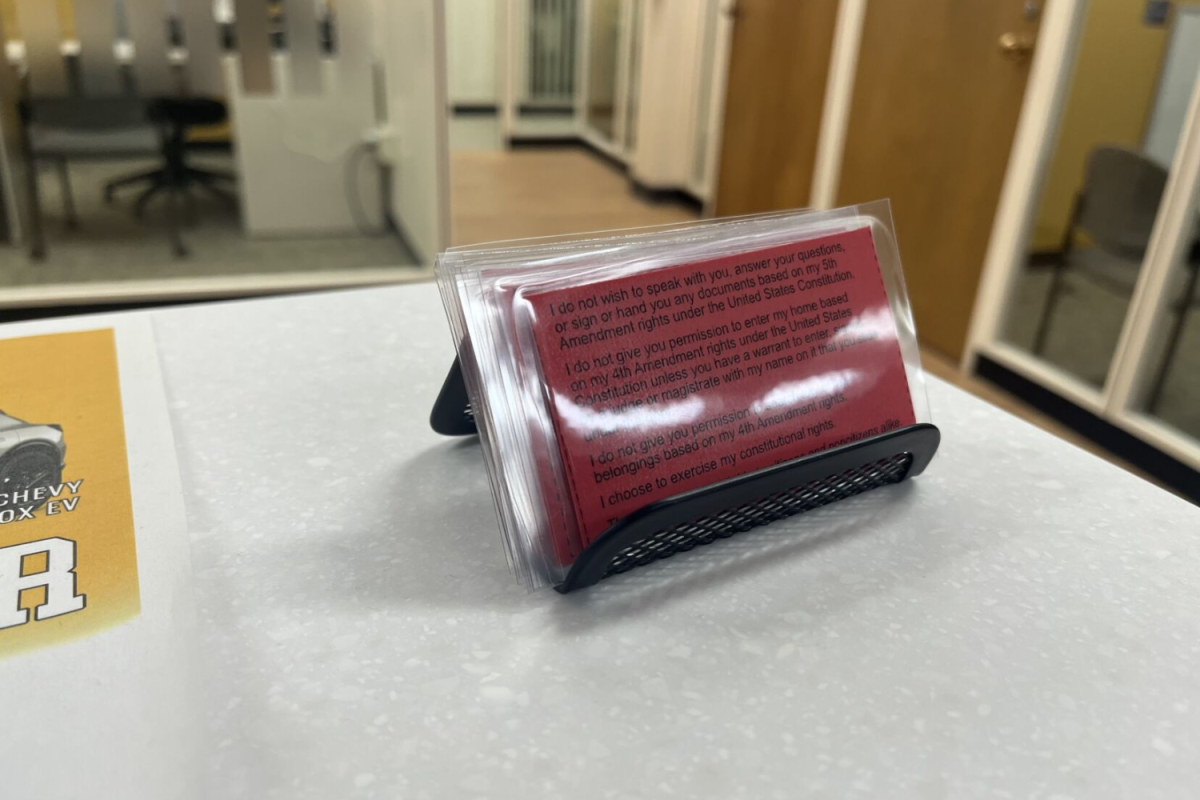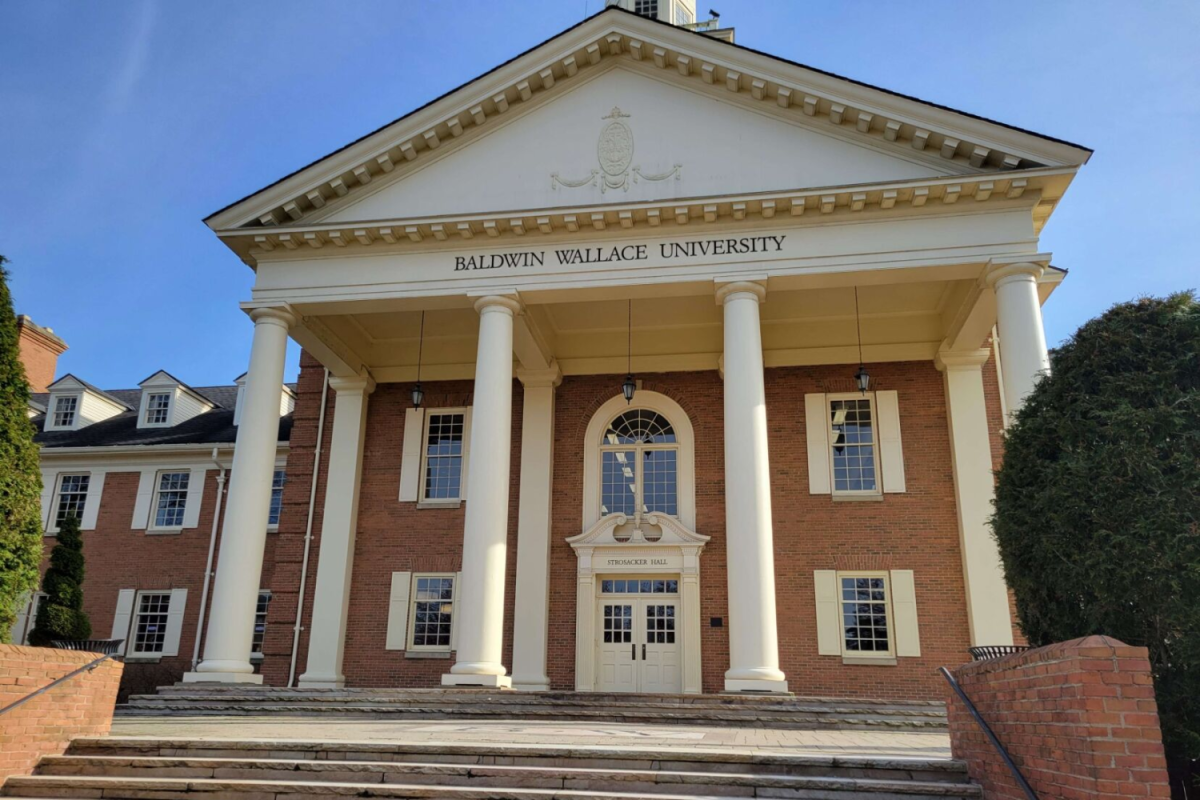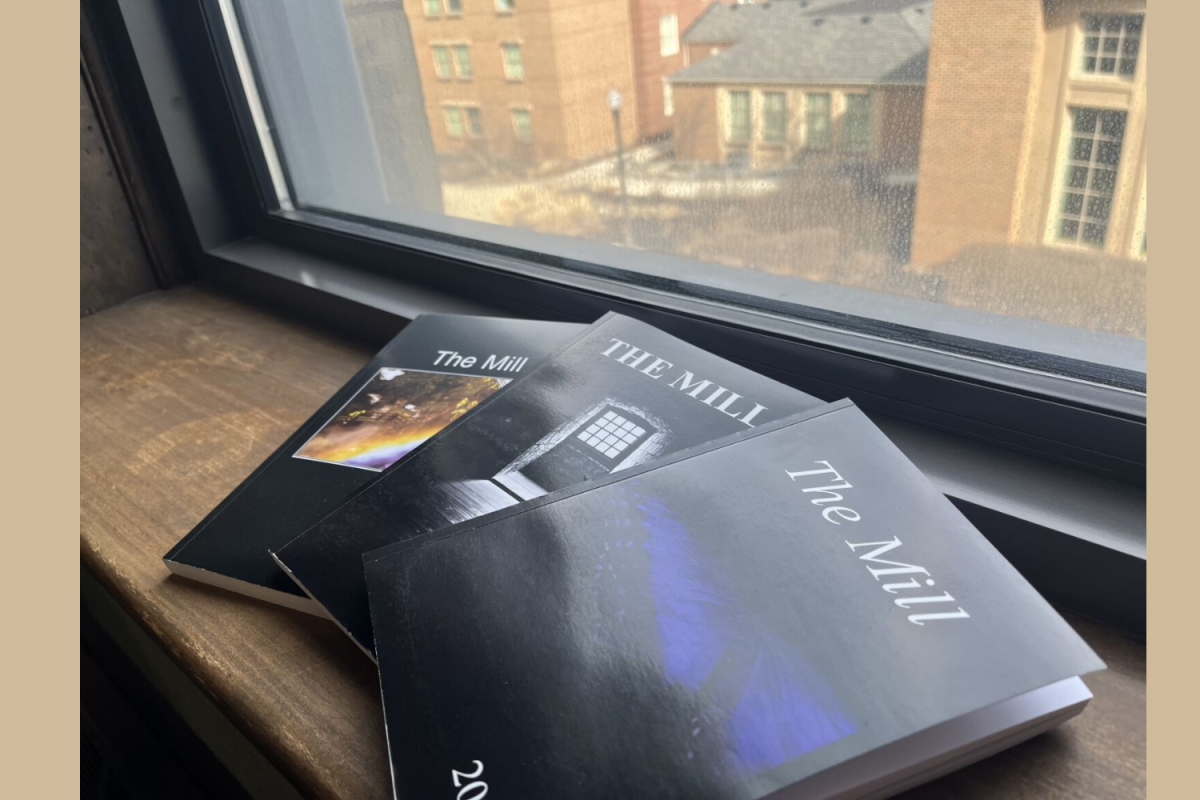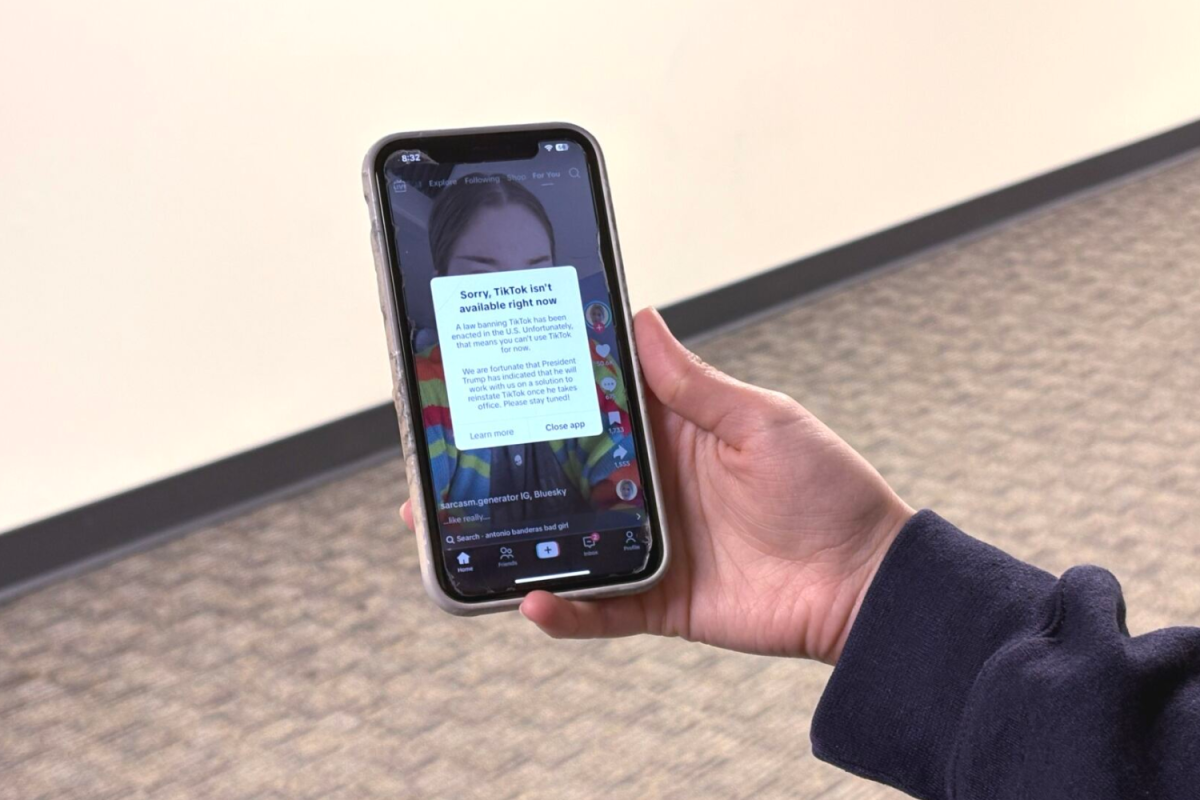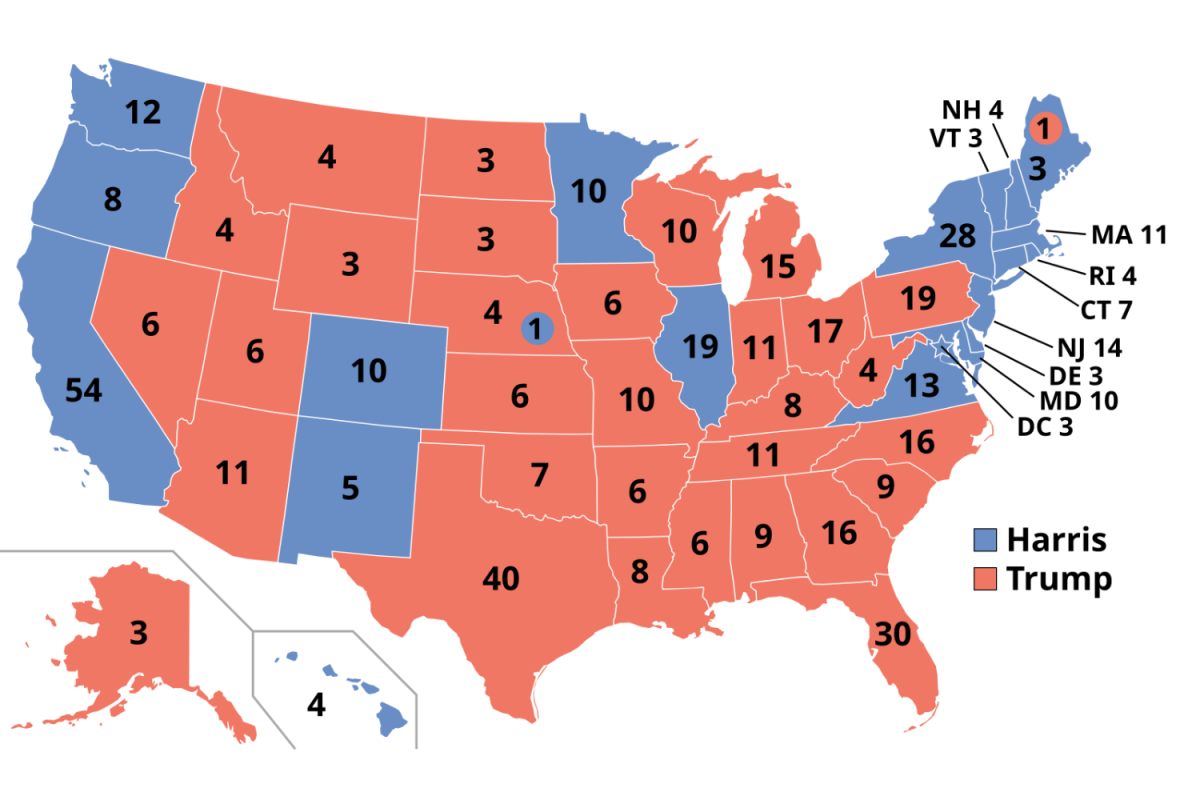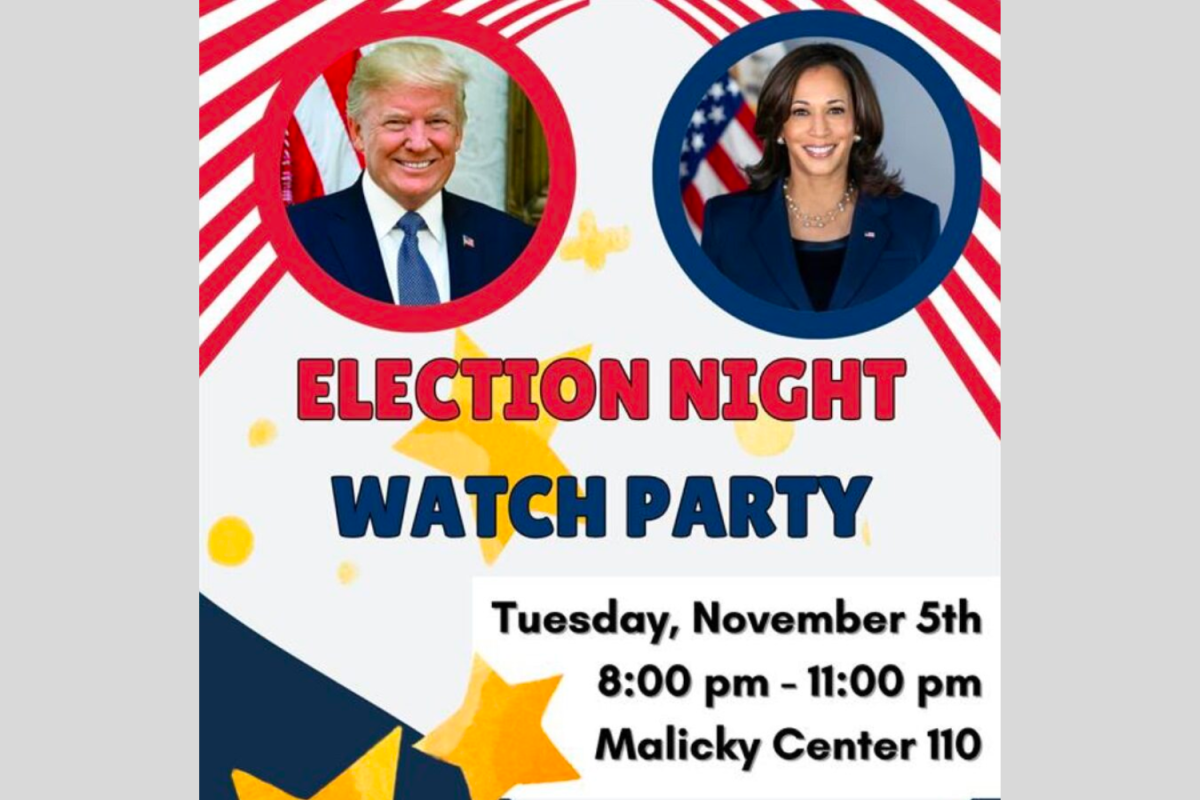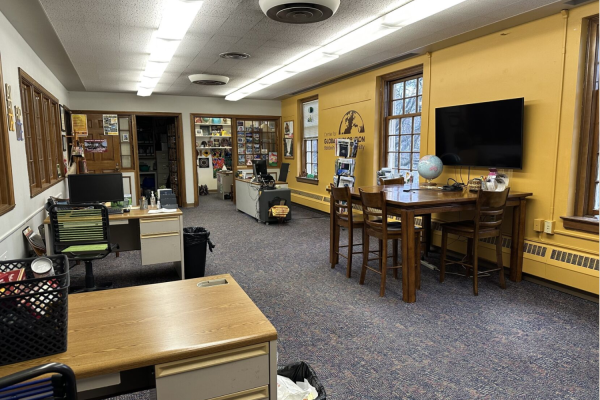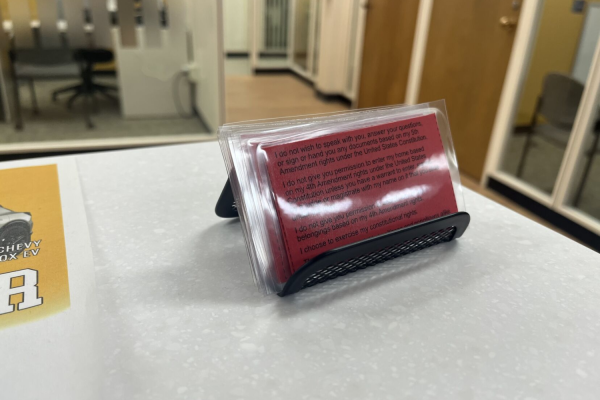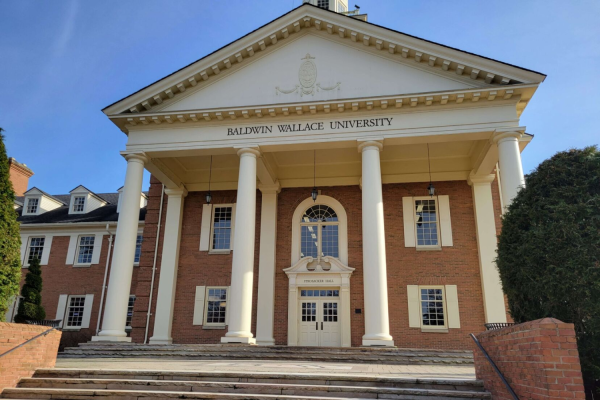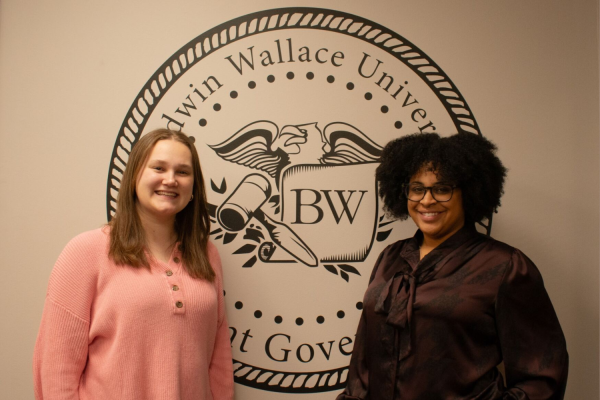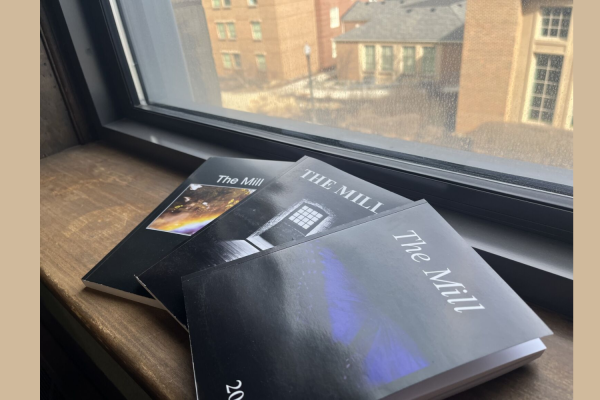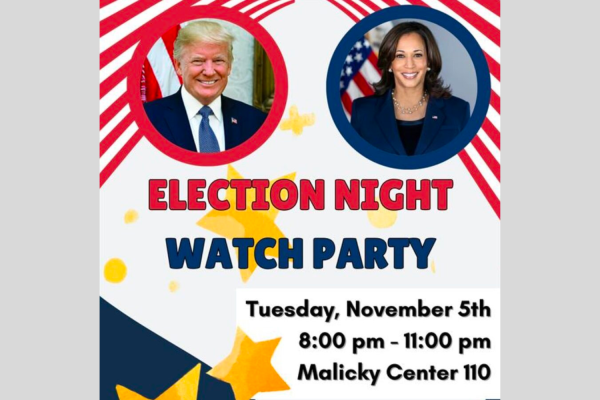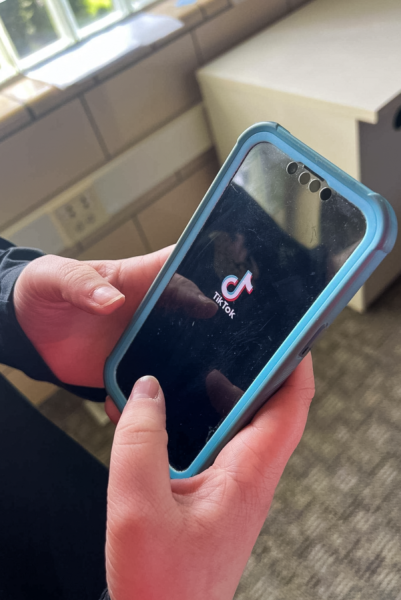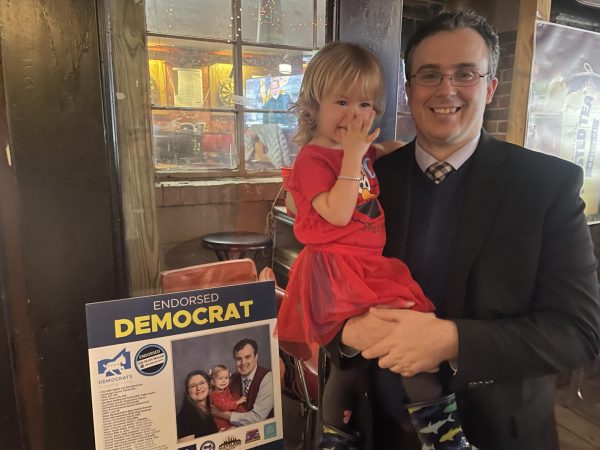Students who did not vote in recent midterm elections call for more university-backed resources
“If you want to get the point across that voting is important, you need to match that with education and resources, both on campus and in general,” a respondent said in response to a survey conducted by The Exponent.
As the May 2 primary and special election is fast approaching, some Baldwin Wallace students who did not vote in the 2022 midterm election said that they may have done so had more University-backed support been offered to make transportation, voter education and assistance more accessible.
Junior theatre major Jayden Madge said there is a social stigma given to those who did not vote.
Madge, however did not choose to abstain, but found themselves unable to vote in the last midterm election after their transportation on Election Day fell through.
“I have a lot of politically active friends who would say that they could’ve made it work,” Madge said.
Another student who did not vote in the last elections and wished to remain anonymous told The Exponent that the student’s mail-in absentee ballot didn’t arrive at their dorm in time, even though their county told them multiple times that it would.
While they said that they had every intention of voting, the student said that they felt like their peers would still judge them if it were known that they didn’t vote this year.
In a survey conducted by The Exponent, students explained why they were unable to vote in the midterm elections.
More than half of the students who filled out the survey claimed that they could not vote because they were not able to get to their polling place in one way or another. A najority of these students said they needed more education on voting as someone not registered in the county they live in for school and called on their universities to supply them with this information.
Marsita Ferguson, interim director for the Brain Center for Community Engagement, said that the resources that BW offers to students to encourage voting include campaigns that are targeting towards non-voting students, alternative break trips, tabling to get students registered to vote and events put on by the student organization Jackets Engaged.
“For the students that don’t vote it’s more about barriers and lack of information,” Ferguson said.
Jackets Engaged is a non-partisan political engagement team affiliated with the Brain Center. Hannah Dodson, sophomore neuroscience major and the co-student director of Jackets Engaged, said that while it has been difficult to find ways for students to listen to them, information should be more readily available.
“How do we get students to listen to us?” Dodson said “[Voter education] shouldn’t just be coming from Jackets Engaged.”
One suggestion that Madge made was that colleges should look at what Ohio State University does, which provides discounts on Lyft rides to get to polling places for student voters.
“I wish the university could help supply transportation,” Madge said.
Madge said that this could include a discount on rides or even shuttles to and from polling places on election day.
Dodson said while BW in fact supplied transportation to the polls, most students did not know it was offered.
The Exponent is looking for financial contributions to support our staff and our newsroom in producing high-quality, well-reported and accurate journalism. Thank you for taking the time to consider supporting our student journalists.

